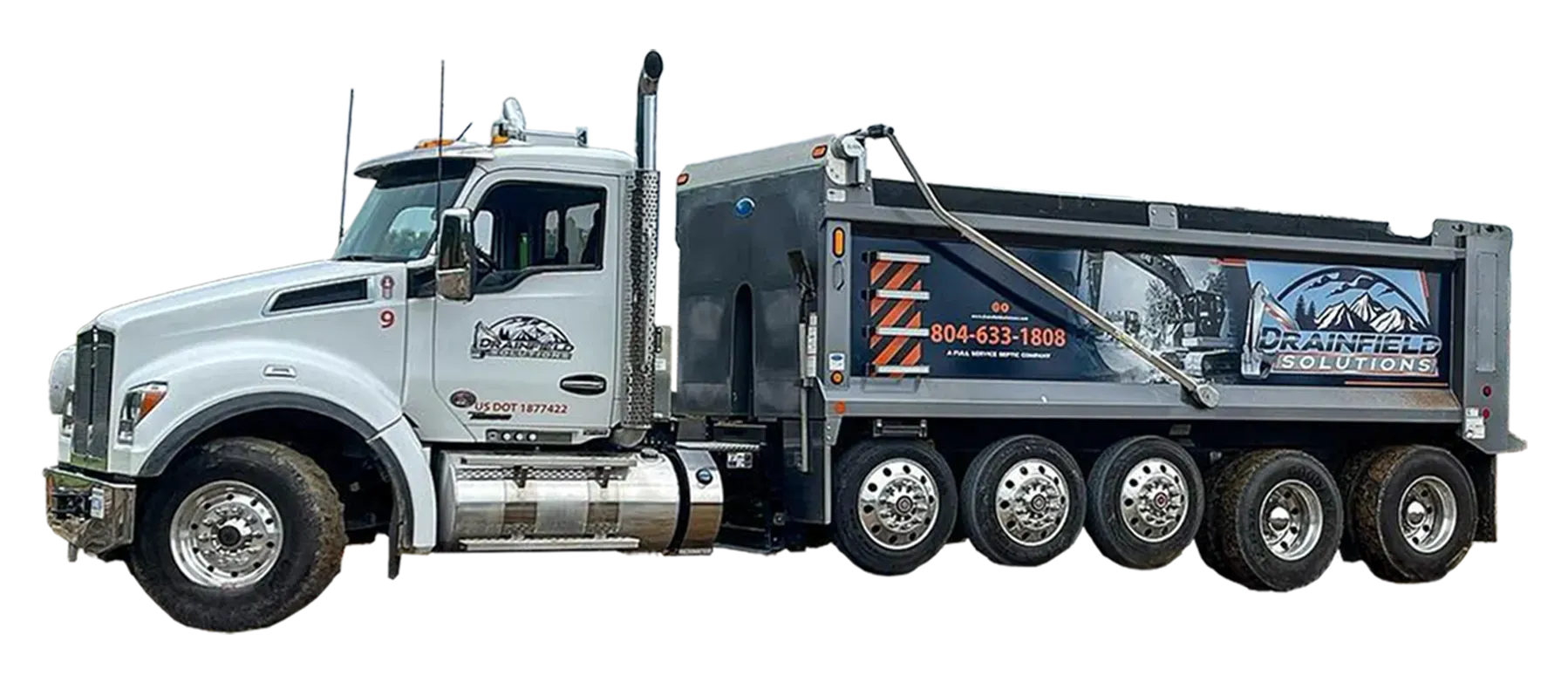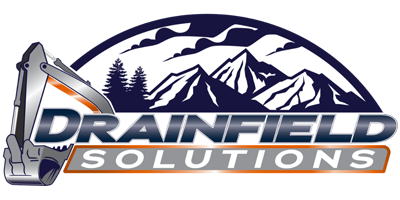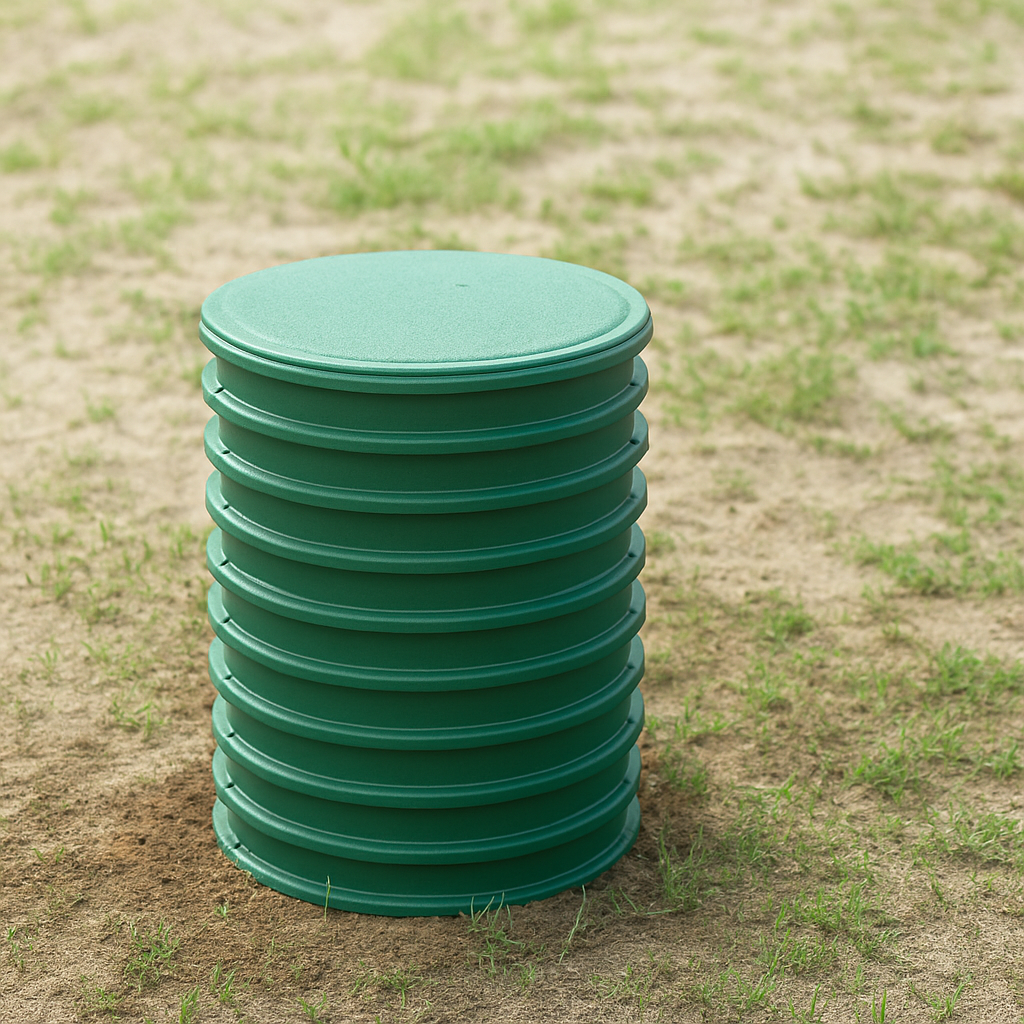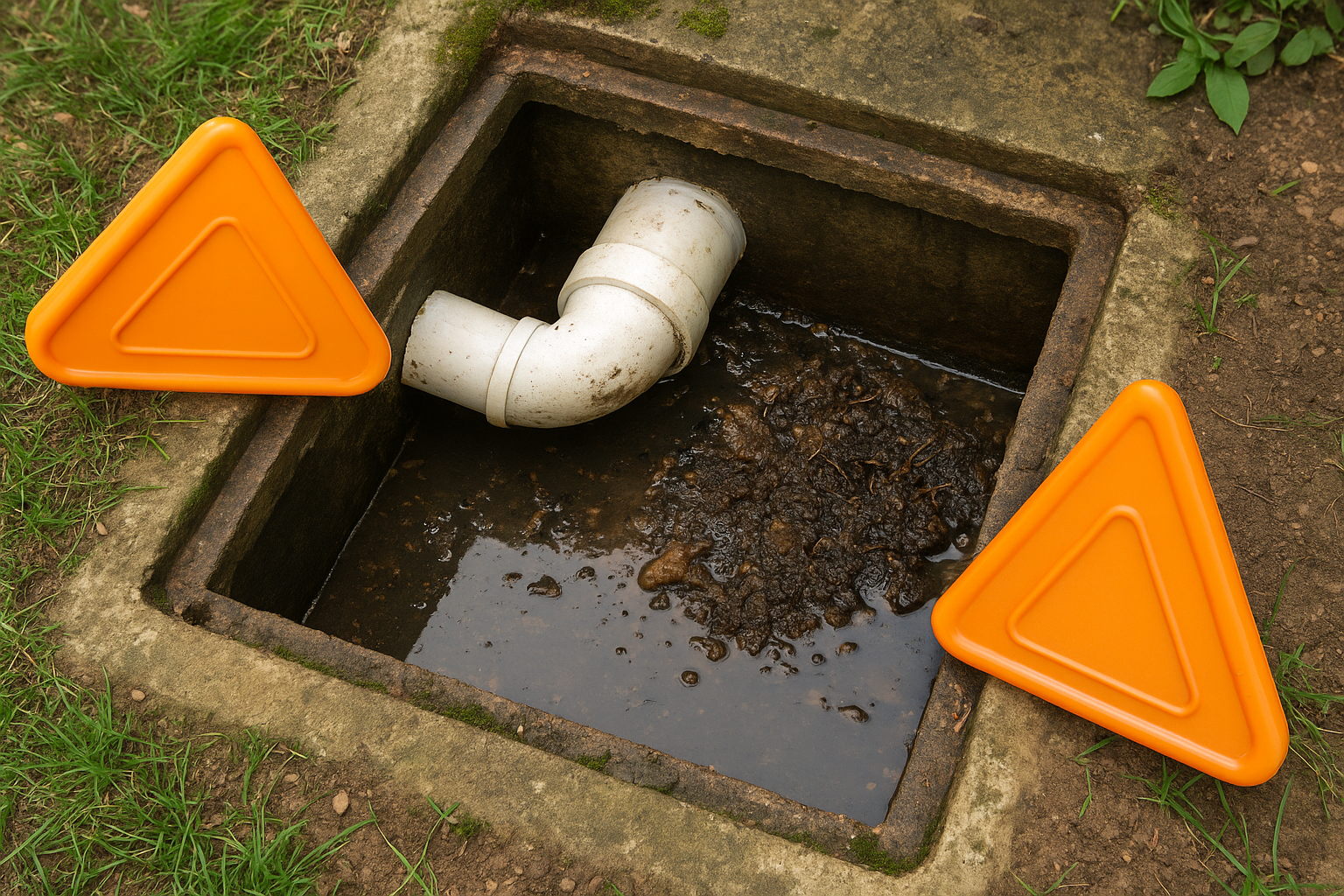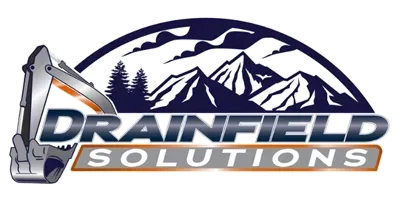
Year-Round Septic Care: Seasonal Maintenance Guide
May 24, 2025
Septic systems may be out of sight, but they should never be out of mind—especially when the seasons change. Just like your HVAC system or car needs different care in summer versus winter, your septic system responds differently to weather shifts, rainfall, soil conditions, and water usage throughout the year.
Ignoring seasonal septic system maintenance is like skipping oil changes in your car—things might run fine at first, but eventually, something’s going to break. And when a septic system fails, it's not just inconvenient—it’s expensive, smelly, and potentially hazardous to your health and the environment.
Whether you’re living in rural Louisa County or managing a busy household in Spotsylvania, your septic system is constantly adjusting to seasonal conditions. That’s why homeowners and property managers across Central Virginia need a reliable, year-round plan for septic system maintenance—to protect their homes, wallets, and local ecosystems.
💡 According to the 🔗EPA, regular maintenance is the number one way to avoid costly septic failures and contamination of local water sources.
Spring Septic System Maintenance Tips
Ah, spring—the season of fresh starts, blooming gardens, and… surprise puddles near your leach field? Yep. As the snow melts and rain kicks into gear, your septic system goes through a tough transition period. Saturated soil, hidden winter damage, and growing roots can all threaten your system’s performance.
✅ 1. Inspect for Winter Damage
Winter may have left behind cracked pipes, frost-heaved tank lids, or soggy spots in your leach field. If you notice slow drains, standing water, or sewage odors, don’t ignore them. These are red flags that something may have gone wrong underground.
💡Pro Tip: Call in a professional septic inspector if anything seems off. A minor issue now can save you thousands in 🔗leach field repairs later.
✅ 2. Pump Your Tank (If You Skipped It Before Winter)
If your tank was due for pumping before winter but it got put off (we’ve all been there), now’s the time. A full tank during spring can lead to backups and oversaturation—especially when paired with heavy rains.
✅ 3. Redirect Rainwater
Your leach field is not a swimming pool. If gutters, downspouts, or sloped landscaping funnel spring rain into the area, it can oversaturate the soil and prevent proper wastewater absorption. Consider extending downspouts or regrading around the system to improve drainage.
✅ 4. Watch for Root Intrusion
Spring growth brings new risks—especially if trees or shrubs are planted too close to your system. Roots naturally seek out moisture and may wiggle their way into your pipes or tank, causing blockages and backups.
💡 Pro Tip: Only plant shallow-rooted grasses above your leach field. For landscaping tips that won’t damage your system, check out this guide from 🔗NC State University Extension.
Summer Septic System Maintenance Tips
Summer might be the season of sunshine and pool parties, but for your septic system, it’s all about managing increased water usage and avoiding physical damage. With kids home from school, vacation guests arriving, and everyone washing more clothes, running more showers, and watering the lawn—you’re unknowingly putting your system through a marathon. Let’s keep your system cool and steady while everything else heats up.
✅ 1. Watch Your Water Usage
Overusing water during summer can overload your septic system, especially if your tank is nearing capacity. Doing multiple loads of laundry back-to-back or hosting a weekend cookout with houseguests can flood your tank faster than you realize.
Tips to stay septic-smart in summer:
- Spread out laundry loads across the week.
- Fix leaky faucets and toilets (a single leak can waste hundreds of gallons per day).
- Use 🔗WaterSense-labeled appliances to cut down excess water use.
- Avoid draining pool or spa water into the septic system—it can disrupt bacteria and flood the tank.
💡 Remember: A steady flow is a happy flow. Sudden water surges can push solids into your drainfield, leading to clogs and possible system failure.
✅ 2. Keep Off the Leach Field
In the summer, it’s tempting to use every square inch of your yard for activities—but don’t forget where your septic system lives underground. Driving or even walking repeatedly over the leach field can compact the soil, damage pipes and disrupting percolation (how wastewater is absorbed and treated).
💡Pro Tip: No lawn mowers, cars, fire pits, or bounce houses over the leach field. If you need a reminder, consider marking the area with landscaping features or signs.
✅ 3. Maintain Healthy Grass Over the Leach Field
A healthy, grassy top layer helps prevent erosion and aids in evaporation, both of which are key to drainfield health. But beware of deep-rooted plants, shrubs, or trees—they’ll send roots straight into your system if given the chance.
For best results:
- Stick to shallow-rooted grasses over the field.
- Avoid irrigation systems near the field—they can oversaturate the soil.
- Let grass grow slightly longer in the summer to help shade and cool the soil.
✅ 4. Schedule a Summer Septic Inspection
Summer is an ideal time to get ahead of issues before the fall and winter seasons set in. A 🔗professional septic inspection will check sludge levels, tank condition, and drainfield performance, giving you peace of mind through the busiest months of the year.
💡Pro Tip: If you’re planning any summer home renovations, include a septic inspection in your checklist—especially if you’re increasing plumbing loads or adding bedrooms.
Fall Septic System Maintenance—Your Pre-Winter Prep Plan
Fall may be the season of pumpkin spice and leaf piles, but for your septic system, it's your last call to winter-proof before things start to freeze over. Don’t wait until you’re knee-deep in snow and backups—take advantage of the cooler (but not yet freezing) weather to give your septic system some preventive TLC.
✅ 1. Pump Before the First Freeze
If your septic tank is close to full, fall is the time to schedule a pumping service. Why? Because a full tank can freeze more easily, and frozen waste equals an emergency you don’t want to deal with.
By pumping in fall, you:
- Reduce the chance of solids freezing and causing blockages.
- Lower the risk of septic backup during winter thaw.
- Keep your drainfield functioning properly when the ground is frozen.
💡 Pro Tip: Not sure if it’s time to pump? Use this 🔗EPA guide to determine your recommended pumping schedule.
✅ 2. Insulate Your Septic Tank and Drainfield
Winter in Central Virginia may not always mean blizzards, but temperatures can still dip low enough to freeze pipes and disrupt bacterial activity. Insulating your system in the fall is a cheap insurance policy.
Use natural materials like:
- Straw
- Mulch
- Leaves
💡Pro Tip: Spread these over the septic tank and leach field to retain warmth and shield the ground from rapid temperature drops. Think of it as a winter coat for your septic system.
✅ 3. Fix Leaks and Seal Cracks
Even a slow leak from a faucet or toilet can wreak havoc in winter. That trickle might seem minor, but once temperatures drop, it can freeze within the system, expanding and causing cracks or blockages in pipes.
Fall is the best time to:
- Check and fix leaks in fixtures.
- Repair cracked tank lids or risers.
- Insulate exposed pipes, especially in above-ground or shallow systems.
✅ 4. Redirect Surface Water Away from the Field
Autumn rains and melting frost can pool on your lawn and seep into the drainfield, disrupting absorption and increasing freeze risk.
Make sure:
- Downspouts, gutters, and landscape grading divert water away from the system.
- Drainage ditches are cleared of leaves and debris.
💡Pro Tip: Keep the field dry now to keep it from turning into a soggy, frozen mess later.
Winter Septic System Maintenance—Freeze-Proof Your Flow
Winter may bring snowball fights and cozy nights, but for septic systems, it’s open season for frozen pipes, slow drainage, and full-on failure. If you think your system can “tough it out,” think again—frozen waste doesn’t move, and that’s a recipe for an expensive mess.
Let’s break down how to keep your system warm, flowing, and far from frozen during the coldest months.
✅ 1. Protect Pipes from Freezing
Frozen pipes are more than an inconvenience—they’re a ticking time bomb. When wastewater can’t escape your home, it backs up fast.
Here’s how to prevent your pipes from becoming popsicles:
- Avoid compacting the soil over your leach field or septic lines. Compacted snow loses its insulating ability.
- Add mulch or straw over shallow areas and exposed components.
- Keep warm water flowing regularly through pipes to maintain temperature and promote movement.
💡Pro Tip: Planning to be away? Ask someone to run warm water occasionally or consider professionally winterizing your system.
✅ 2. Be Smart with Water Usage
Using too much water in winter can overload your system—especially when the leach field may not be draining as efficiently due to frozen soil. Avoid this by:
- Spacing out laundry loads.
- Taking shorter showers.
- Fixing all leaks—yes, even that slow-dripping faucet you’ve been ignoring since fall.
👉Overuse combined with freezing temperatures is a double whammy that can lead to system failure.
✅ 3. Keep the System Active (or Winterize It)
If your home is occupied year-round, regular use keeps the system’s temperature stable. But if your property is seasonal or vacant during winter, have a professional winterize your septic system. That includes:
- Pumping the tank before freezing conditions.
- Blowing out lines and sealing off fixtures.
- Adding non-toxic antifreeze to drains if necessary.
💡For detailed steps, you can refer to the 🔗University of Minnesota's Freezing Problems and Septic Systems for more detailed information.
✅ 4. Say No to Deicers Near the Leach Field
Salting your driveway? That’s fine. Salting near your septic tank or drainfield? Not so much.
Chemical deicers can:
- Seep into the soil.
- Kill beneficial bacteria responsible for breaking down waste.
- Disrupt natural filtration processes.
👉Stick to sand or non-toxic ice melt products in areas surrounding your septic system.
Why Year-Round Septic Maintenance Matters—and Who to Call
Whether it’s winter’s freeze, spring’s floods, summer’s surges, or fall’s prep work, one thing is clear: septic systems need attention all year long. Skipping seasonal maintenance isn’t just risky—it’s a surefire way to end up ankle-deep in regret (and possibly wastewater).
The Big Benefits of Seasonal Septic Maintenance
Here’s what you gain by sticking to a year-round maintenance schedule:
- Avoid costly emergencies: Preventative care costs far less than last-minute repairs.
- Prolong system life: Proper maintenance can extend the life of your tank and leach field by decades.
- Stay ahead of trouble: Spotting minor issues early saves you from major headaches later.
- Keep your property safe and sanitary: No one wants mystery puddles or foul odors in their backyard.
- Protect your local environment: A well-maintained system keeps groundwater clean and local ecosystems healthy.
👉For a deeper dive into the benefits of regular pumping and inspection, check out this 🔗EPA Homeowner's Guide to Septic Maintenance.
Got a Problem? Don’t Delay—Act Now
If you’ve noticed:
- Slow drains
- Gurgling toilets
- Foul odors inside or outside
- Standing water near the leach field
👉…it’s time to call in the pros. Even minor warning signs can hint at deeper problems that could worsen with the next season.
Why Central Virginia Trusts Drainfield Solutions
For nearly 20 years, Drainfield Solutions has helped homeowners across Central Virginia keep their septic systems in peak condition. We’re not just in the business of septic services—we’re in the business of peace of mind.
Here’s what sets us apart:
- Family-owned and operated
- Licensed, insured, and eco-conscious
- Specializing in septic tank pumping, leach field repair, inspections, and alternative septic systems
- Serving Caroline, Spotsylvania, Hanover, Stafford, King George, Louisa, and beyond
👉Our mission? To keep your system flowing and your worries down the drain.
Ready for a Healthier Septic System?
Whether you’re prepping for winter, recovering from spring floods, or just keeping up with routine care, 🔗Drainfield Solutions is ready to help. No fluff, no fear—just honest, reliable septic services backed by experience and technology.
Call us at 804-633-1808 or visit our contact page to schedule your seasonal service today.
Frequently Asked Questions: Septic System Maintenance
Share Post
Latest Posts
Ready to Take the Next Step?
Whether you're in need of a system inspection or regular maintenance, Drainfield Solutions is here to help. Get in touch today for reliable service you can trust.
